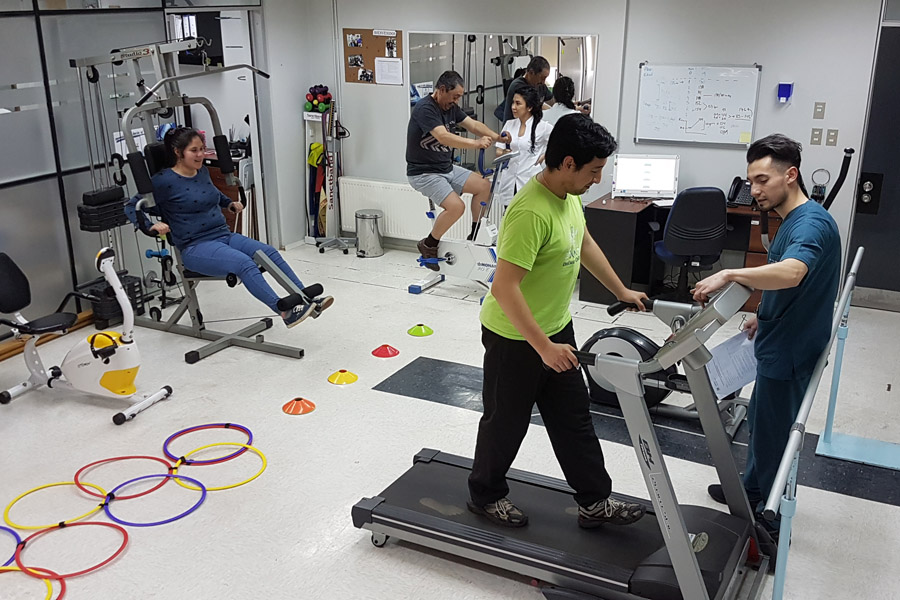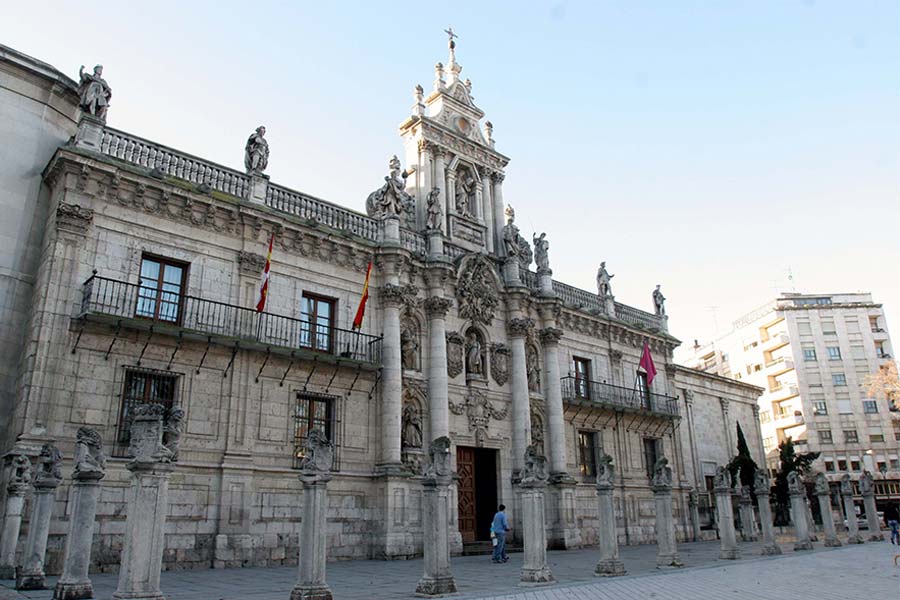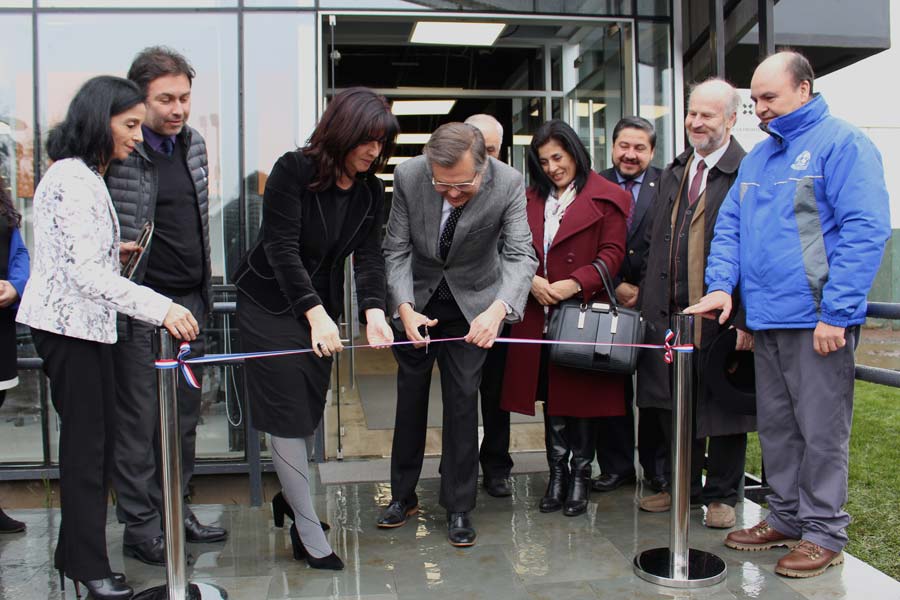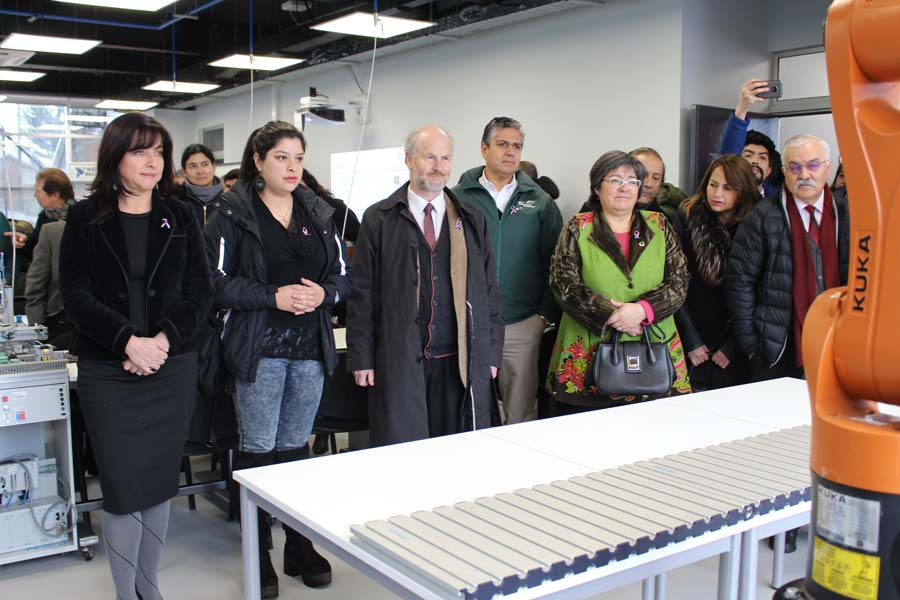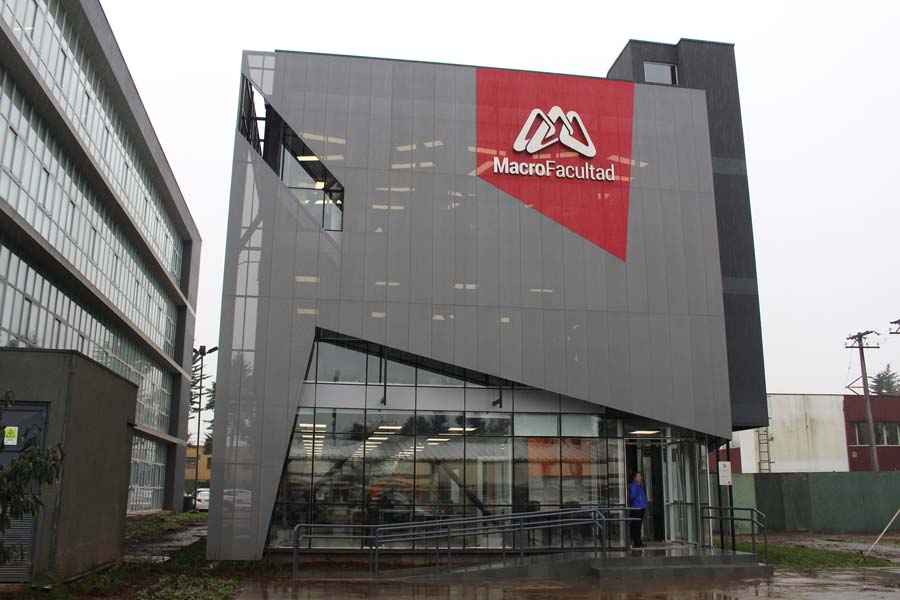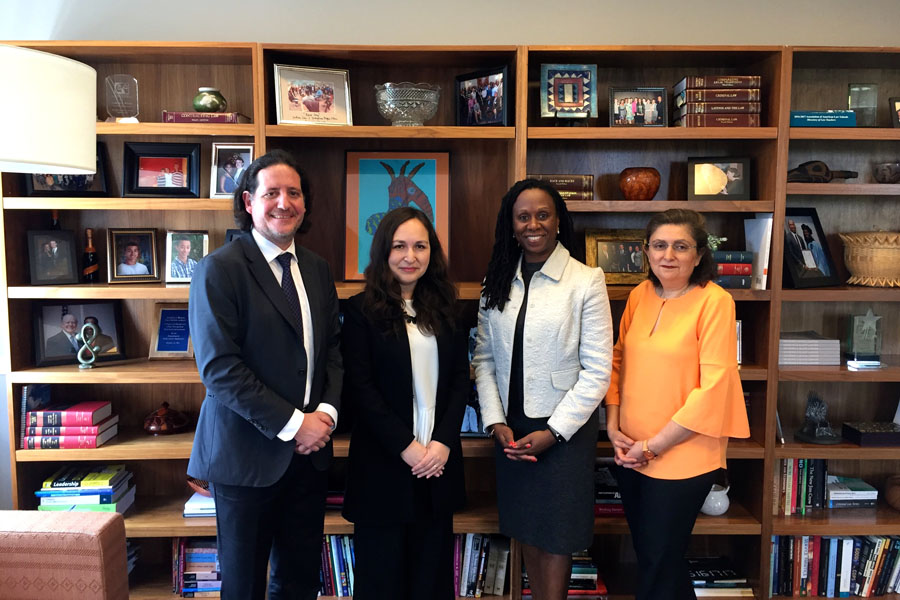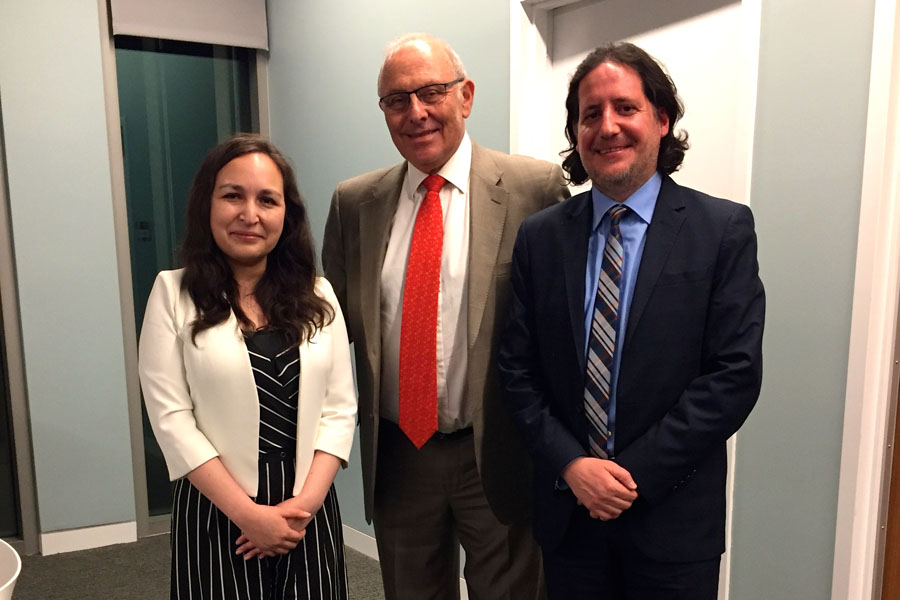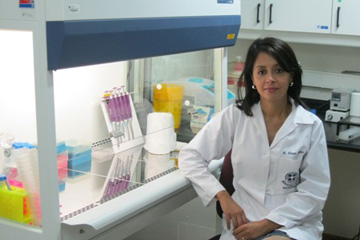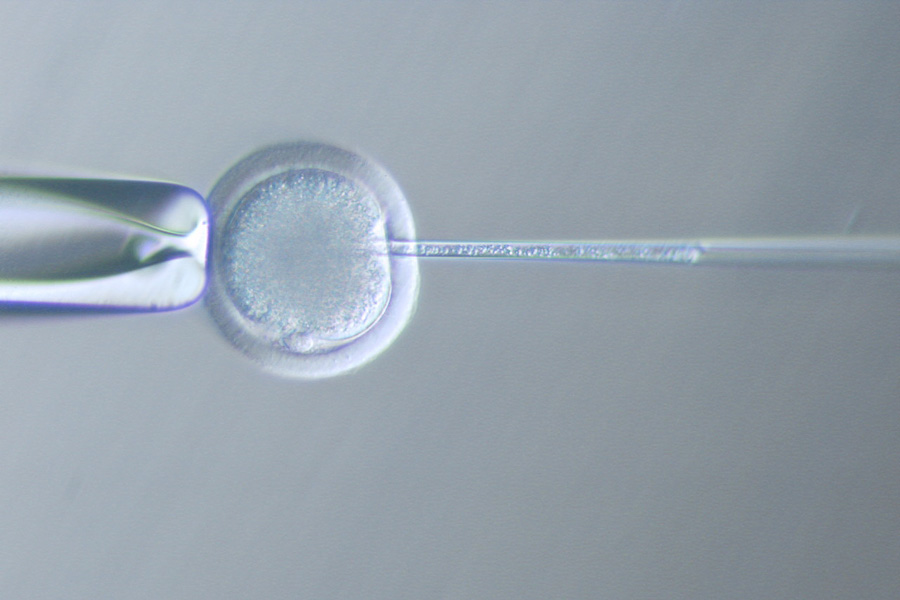|
Patients with coronary heart diseases will benefit from this new way of rehabilitation. The contribution to public health will also be significant, since it will offer more benefits at lower costs. |
The cardiac rehabilitation program has been designed as a secondary prevention for survivors of cardiovascular events. Its effectiveness has been proved and it reduces mortality and posterior hospitalizations. However, it is an intervention that has been underused, mainly because of a lack of corresponding programs and the low number of patients who participate in them, especially in places of low or medium income, as it is the case in the Latin American context. Actually, only about 5 % of the Chilean patients participate in this kind of rehabilitation.  Written by: Lorena Espinoza Arévalo Written by: Lorena Espinoza ArévaloVice-rectorate of Research and Postgraduate Affairs |
|
The UFRO has participated as a benefiting institution in the Erasmus Programs of the European Union on several occasions. This time, it permitted to strengthen its partnership with University of Valladolid, Spain. |
The Universidad de La Frontera was granted two scholarships within the Erasmus+ KA107-36589 project, that permit that an academic and a student of the UFRO Doctorate in Agri-Food Sciences and Environment study at University of Valladolid, Spain. This creates new opportunities of international linking and academic exchange for the Universidad de La Frontera.
 Written by: Jassna Sepúlveda Written by: Jassna SepúlvedaCommunications Division UFRO |
|
The building has laboratories, co-working units, a space for thesis students and offices for the engineers of the project, among others. |
The Macro Faculty of Engineering at the Universidad de La Frontera inaugurated its new building with units and spaces for the academy, research and technological development.  Written by: Mauricio Antivil Morgado Written by: Mauricio Antivil MorgadoMacro Faculty of Engineering |
|
The director of Academic Quality and vice-dean of the Faculty of Law and Business (FCJE-UFRO), Dr. Raúl Allard Soto, and the director of the Law School, Dr. Pamela Mendoza Alonzo, represented the Faculty of Law and Business during their visit at American University Washington College of Law (AU-WCL). |
International interdisciplinary links and the diversity that defines both institutions were the main topics of conversation with the maximum authorities of the North American university. On this occasion, the dean, Camille Nelson, ratified their intentions to participate in the inauguration ceremony of the academic year at FCJE-UFRO at the beginning of 2019 and, at the same time, took decisive steps towards an agreement that consolidates relations between both institutions and the implementation of concrete activities and projects.
 Written by: Karen Campos Written by: Karen CamposFaculty of Law and Business |
|
The objective of the Fondecyt (Chilean Fund for Scientific and Technological Development) Project, carried out by Dr. Maria Elena Arias, a researcher at the Center of Excellence of Biotechnology on Reproduction (CEBIOR) of the UFRO, is to evaluate the effect of bovine oocyte activation. |
The project is called “Impact of sperm pretreatment in the generation of transgenic bovine embryos using sperm-mediated gene transfer (ICSI-SMGT and IVF-SMGT)” and the objective is to give information about molecular mechanisms that are involved in the division of bovine embryos produced in vitro.  Written by: Lorena Espinoza Written by: Lorena EspinozaVice-rectorate of Research and Postgraduate Affairs |





